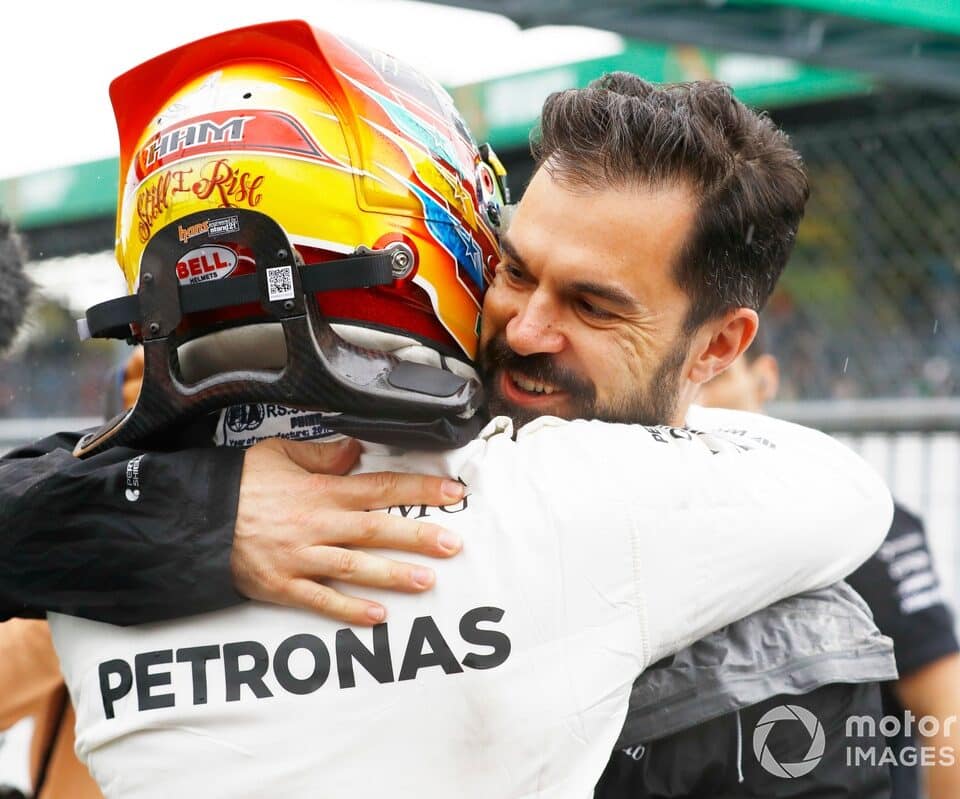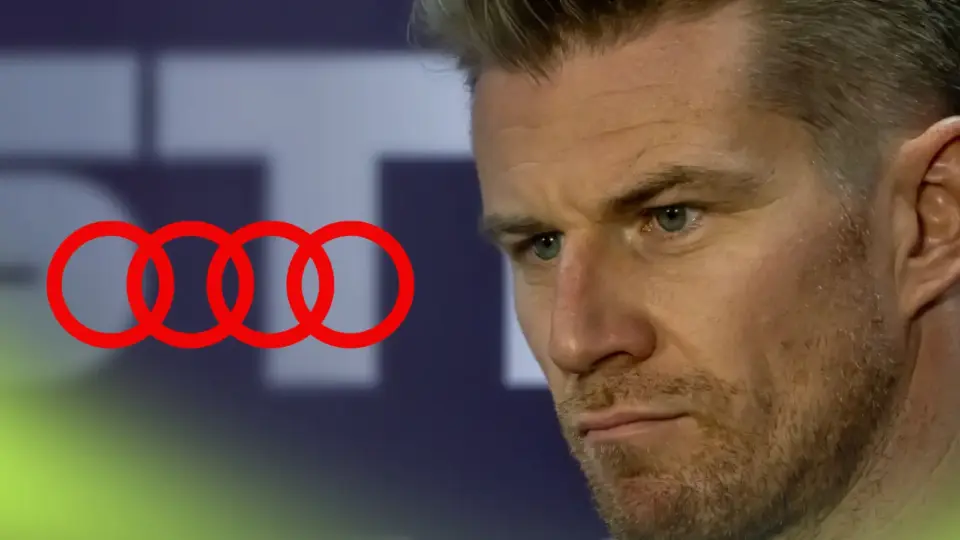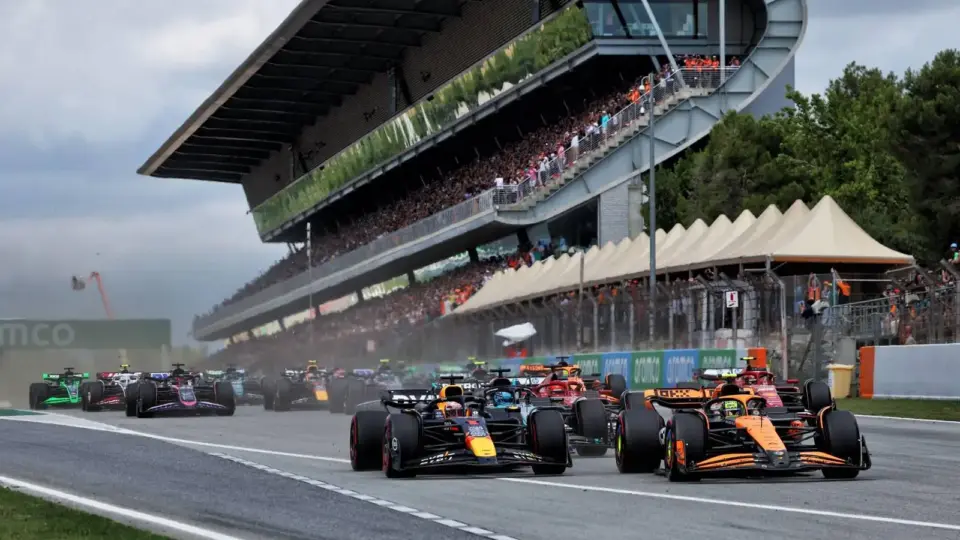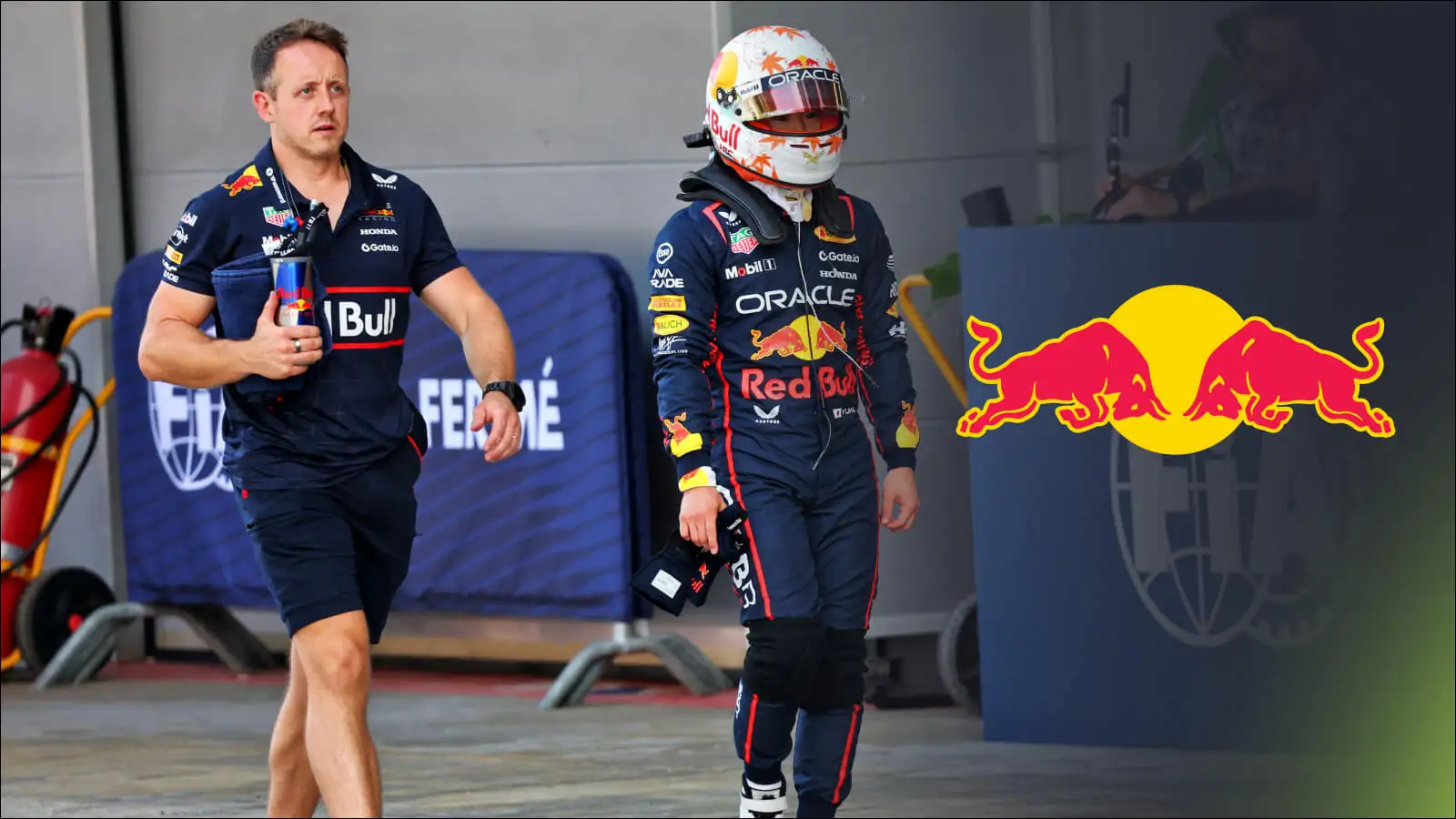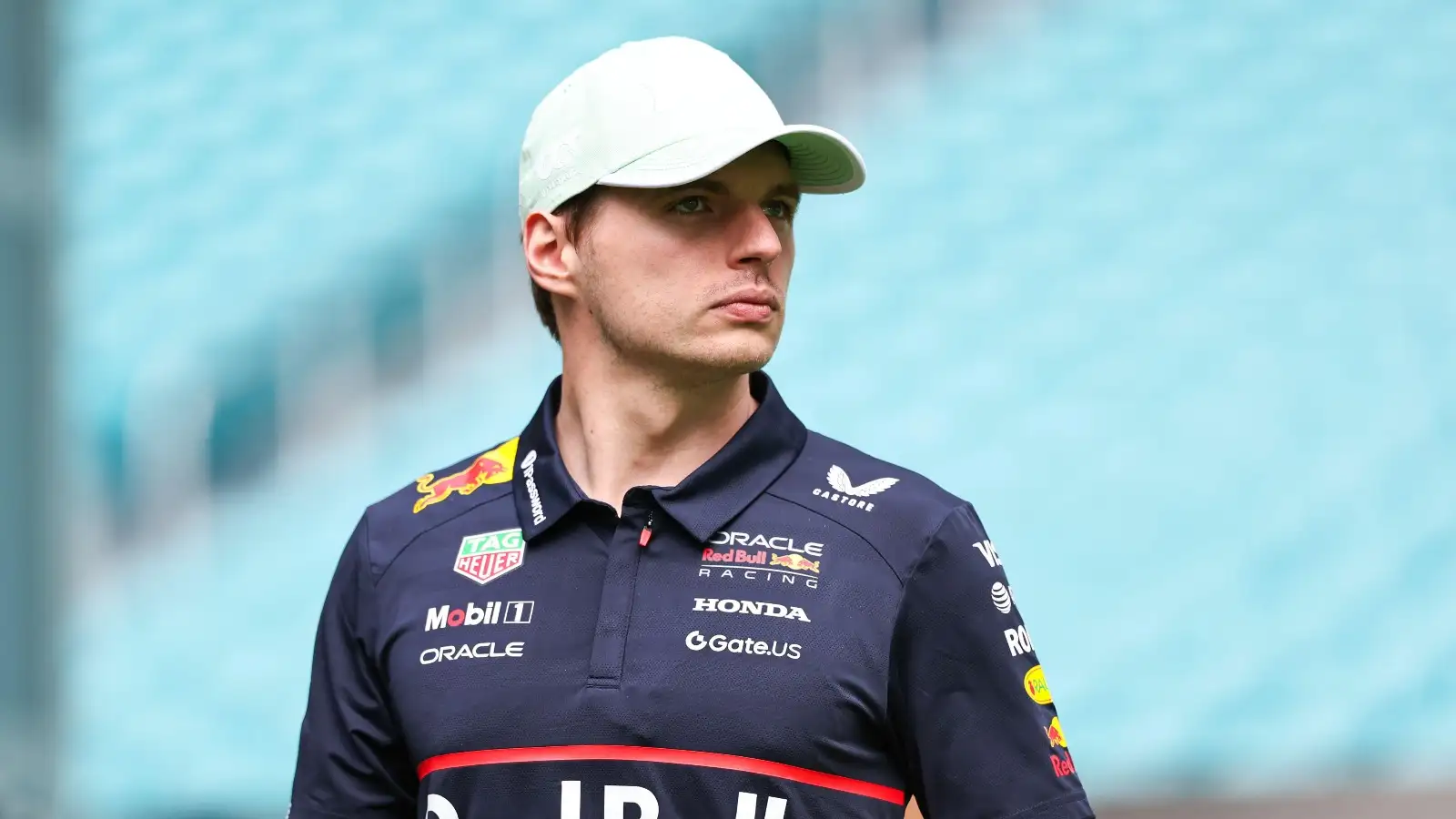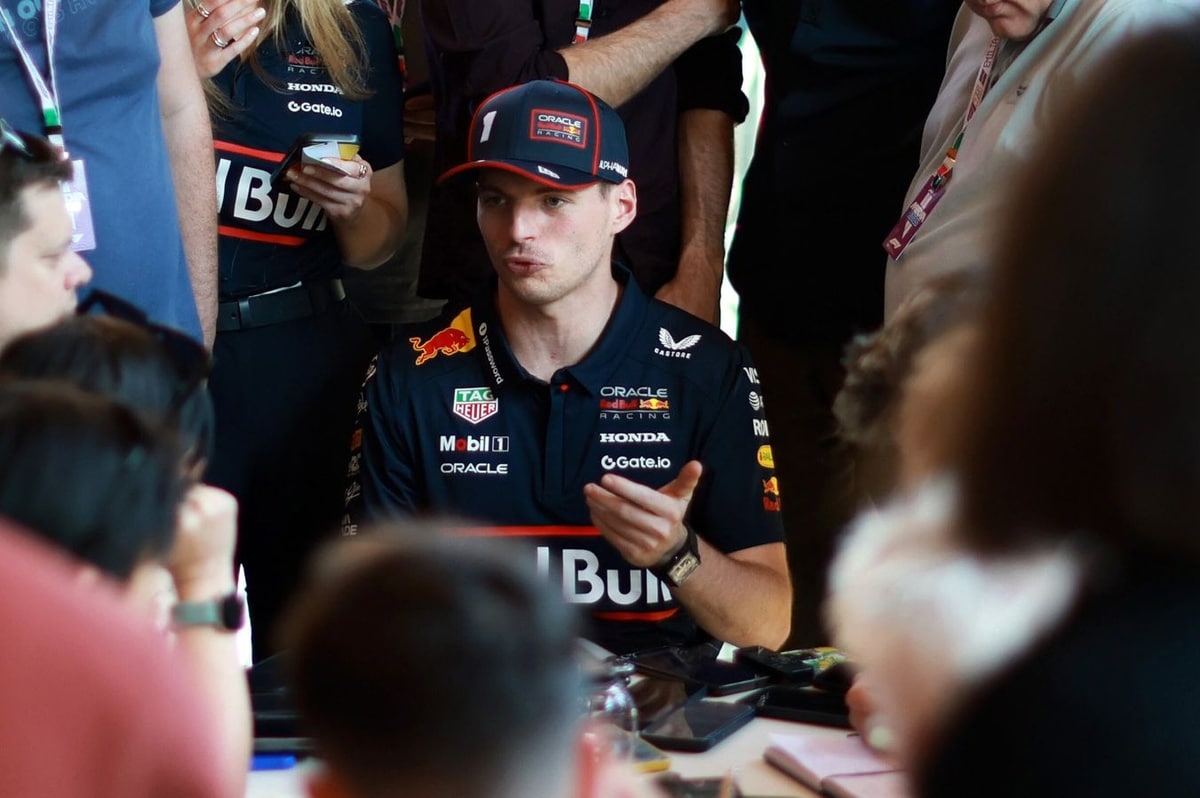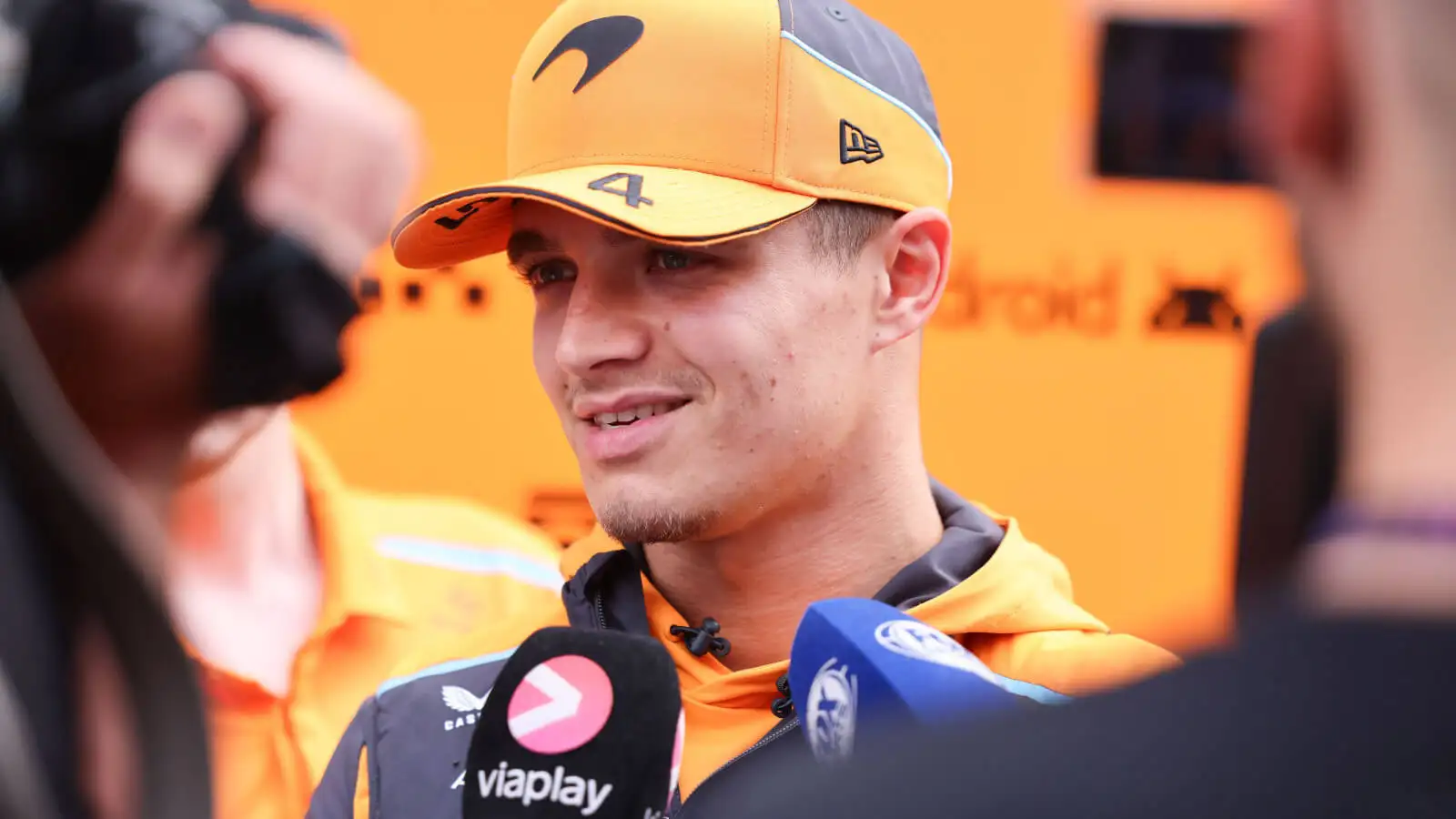As the final pieces of the 2025 Formula 1 grid fall into place, competition for one of the 20 coveted seats is fiercer than ever. Ensuring that elite drivers find their spot and thrive in the high-stakes world of F1 often falls on the shoulders of their dedicated managers.
Only 776 drivers have ever had the honor of being an F1 grand prix driver since the sport’s inception in 1950. Finding a spot is incredibly challenging, and staying focused amidst the whirlwind of demands requires a strong support system.
Most top-tier drivers have a management team that handles various aspects, ensuring that their only concern is driving. Graeme Lowdon, along with Marc Hynes at Equals Management, takes a comprehensive approach to ease Zhou Guanyu’s burdens, from logistical arrangements to sponsorship deals.
Lowdon emphasizes a 360-degree management style. “Our goal is to eliminate any distractions that can detract from a driver’s performance,” says Lowdon. This includes everything from contract negotiations to managing a driver’s health and diet.
Such meticulous attention to detail is mirrored across the paddock. Max Verstappen trusts Raymond Vermeulen to steer his business affairs, leaving him free to focus on track performance. Vermeulen has been with Verstappen since his debut and ensures that all decisions are made in Max’s best interest.
Meanwhile, Sergio Perez benefits from a dual support team. Julian Jakobi, with vast experience managing F1 legends like Ayrton Senna, handles major career moves, while Luis Alberto Aguirre manages Perez’s daily needs.
There’s Lewis Hamilton, managed by Marc Hynes, who handles his race-related commitments. Hamilton’s small, specialized team ensures that all non-race aspects, like PR and contracts, are efficiently managed.
Management dynamics vary greatly. George Russell, managed by Harry Soden, benefits from a decade-long relationship. Oscar Piastri’s career is guided by Jam Management, led by figures seasoned in the F1 world.
Lando Norris counts on ADD Management, and Charles Leclerc relies on Nicolas Todt, son of former Ferrari boss Jean Todt. The importance of such relationships cannot be overstated; they often make or break a driver’s career.
In some cases, management is a family affair. Carlos Sainz’s cousin manages his F1 interests, while his father provides strategic guidance. Even seasoned drivers like Fernando Alonso depend on trusted managers like Flavio Briatore to navigate their careers.
Every manager brings something unique to the table. Some, like Daniel Ricciardo’s Blake Friend, focus on commercial ventures, while others, like Yuki Tsunoda’s team, balance both racing and personal sponsorships.
Some drivers even choose to manage themselves. Kevin Magnussen, after a split with his former manager, now oversees his career. But he’s an exception in a field where expert guidance is crucial to success.
Overall, the role of a manager in Formula 1 goes beyond mere contract negotiations. It’s about creating an environment for drivers to excel, ensuring every element of their professional and personal lives is aligned for optimal performance.
In the high-stakes world of Formula 1, drivers rely heavily on their managers to handle the ‘off-track’ complexities. These behind-the-scenes heroes play a crucial role in shaping careers and ensuring drivers can concentrate on delivering their best performance on race day.
